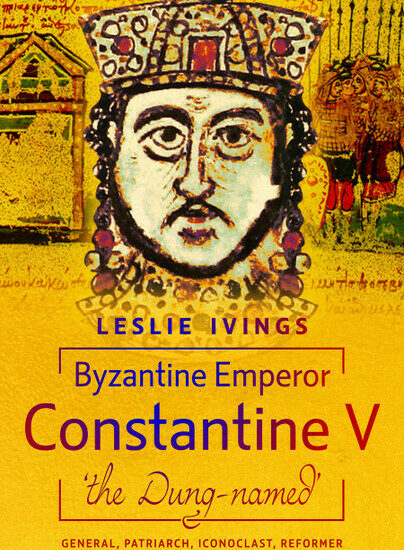It’s quiz time!
How Much Do You Know about Sources for Poor Ancestors?
A Pen & Sword Quiz
Stuart A. Raymond
We are all going through a difficult time at the moment, with many of us stuck at home and unable to go out. Use the time to mug up on your knowledge of genealogical sources! Here is a quiz to see how much you already know about sources for your poor ancestors.
- Which officer was created in order to administer the Elizabethan poor law in the parishes?
- Which local institution was created by the New Poor Law Act 1834?
- When was the act passed making registers of pauper apprentices mandatory for every parish in England?
- Vagrants could be whipped. True or False?
- The name of London’s Foundling Hospital is a misnomer. True or false?
- Prisons were originally places where offenders awaited trial. Imprisonment was not generally a sentence before the nineteenth century. True or false?
- When did the transportation of convicts to North America cease?
- Who maintained the Habitual Criminals Register after 1869?
- Which official journal records all bankruptcy proceedings after 1727?
- Which act required JPs to undertake settlement examinations?
- Who compiled the guides to poor law union records originally published by the Federation of Family History Societies?
- What were Justices of the peace required to build in every county under the Vagabonds Act 1609?
- Why did many parishes start to treat paupers as vagrants after 1700?
- When was the Charity Commission established?
- Which major source of poor relief disappeared during the Reformation?
- Where could you find a full listing of ‘long term workhouse inmates’ dated 1861?
- Name the earliest specialist institution for lunatics.
- Which parish officers kept accounts recording the names of paupers?
- What determined a married woman’s settlement?
- When did the First Fleet sail to Australia?
…………………………………………………………
How have you done? The answers are at the foot of this blog. If you have answered all these questions successfully, well done! If not, then you obviously need to read my latest Pen & Sword book, Tracing your Poor Ancestors. Many people in the past – perhaps a majority – were poor. Tracing our ancestors amongst them involves consulting a wide range of sources. In this handbook I have examined the history of the poor and how they survived. Some were supported by charity. A few were lucky enough to live in an almshouse. Many had to depend on whatever the poor law overseers gave them. Others were forced into the Union workhouse. Some turned to a life of crime. Vagrants were whipped and poor children were apprenticed by the overseers or by a charity. Paupers living in the wrong place were forcibly removed to their parish of settlement. Many parishes and charities offered them the chance to emigrate to North America or Australia. As a result there are many places where information can be found about the poor. This book describes them all: the records of charities, of the poor law overseers, of poor law unions, of Quarter Sessions, of bankruptcy, and of friendly societies. My book suggests many other potential sources of information in record offices, libraries, and on the internet.

Answers
- The Overseer
- Poor law Unions
- 1802
- True.
- True. Foundlings would have acquired a legal ‘settlement’ in the local parish, and thus become eligible to claim poor relief. The Hospital needed to know the origins of its children in order that its local poor law overseers could avoid any liability for them.
- True. Imprisonment as a sentence only became common in the nineteenth century.
- 1776
- The Metropolitan Police.
- The London Gazette
- Settlement Act 1662
- Jeremy Gibson.
- Houses of Correction.
- Because the Vagrant Removal Costs Act 1700 made counties, rather than parishes, liable for the cost of removing vagrants. Hence overseers could reduce their costs by treating paupers as vagrants.
- 1863
- The monasteries.
- In a Parliamentary paper now digitised by Ancestry.
- London’s Bethlem Hospital, founded in 1247.
- Overseers of the Poor. But their accounts were sometimes amalgamated with the accounts of churchwardens. The accounts of constables are rare, but where they do exist they may record expenses incurred in removing paupers.
- Her husband’s place of settlement.
- 1787.

